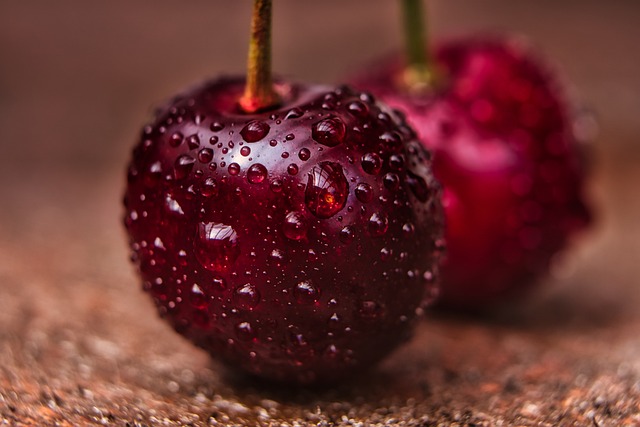Gut-Healing Superfoods: The Ultimate Probiotic Boosters
Your gut is teeming with bacteria, both good and bad. In fact, there are trillions of these microbes hanging out in your digestive tract, helping to break down food and extract nutrients. But when the balance of these bacteria gets thrown off, it can lead to a variety of health problems, from digestive issues to autoimmune disorders.
That’s where probiotics come in. These living organisms are found in fermented foods and supplements, and they can help to restore balance to your gut by promoting the growth of good bacteria. But why take a supplement when you can get your probiotics from food? Here are some gut-healing superfoods that are packed with probiotic boosters:
1. Yogurt
This is a classic probiotic food, and for good reason. Yogurt is made from fermented milk, which means it’s packed with good bacteria. But not all yogurts are created equal. Look for brands that specifically call out the strains of probiotics they contain, such as Lactobacillus acidophilus or Bifidobacterium lactis. Just be sure to avoid products that contain added sugars, which can counteract the benefits of the probiotics.
2. Kefir
If you’re not a fan of yogurt, kefir might be more your speed. This fermented drink is similar to yogurt but has a thinner consistency and a slightly tangier taste. Like yogurt, it’s packed with good bacteria, but it also contains a wider variety of strains. Kefir is also rich in nutrients like protein, calcium, and vitamin D, making it a great option for overall health.
3. Kimchi
Kimchi has been a staple of Korean cuisine for centuries, and for good reason. This spicy fermented dish is made from cabbage, radishes, and other veggies that are packed with good bacteria. Plus, the fermentation process amps up the dish’s nutritional content, increasing its levels of vitamins A and C. Kimchi can be eaten as a side dish or added to soups and stews for a probiotic boost.
4. Sauerkraut
Sauerkraut is another fermented cabbage dish that’s rich in probiotics. It’s also one of the easiest probiotic foods to make at home; all you need is cabbage, salt, and a little patience. (The fermentation process takes a few days.) In addition to its probiotic content, sauerkraut is also packed with fiber, vitamin C, and vitamin K.
5. Kombucha
Kombucha is a fizzy, slightly sour drink made from fermented tea. Its origins can be traced back to China more than 2,000 years ago, but it’s recently gained popularity in the West as a health tonic. Kombucha is packed with probiotics, but it also contains antioxidants and polyphenols that can help to reduce inflammation and boost the immune system.
6. Miso
Miso is a traditional Japanese seasoning made from fermented soybeans. It’s commonly used in soups and marinades for its rich umami flavor. But miso is also packed with good bacteria, specifically the strains Bifidobacterium and Lactobacillus. Miso can also be used as a replacement for salt in many dishes, which can help to reduce your sodium intake.
7. Tempeh
This Indonesian staple is made from fermented soybeans that have been pressed into a dense cake. Tempeh is a great source of plant-based protein, but it’s also rich in probiotics. It’s also a versatile ingredient that can be grilled, sautéed, or crumbled into dishes like chili and tacos.
8. Pickles
If you’re a fan of pickles, you’re in luck—they’re a surprisingly good source of probiotics. But not all pickles are created equal. Look for brands that are labeled “fermented” or “probiotic,” or try making your own at home using cucumbers, salt, and water. Homemade pickles can be flavored with herbs and spices for a personalized touch.
Getting enough probiotics in your diet can help to support a healthy gut and reduce the risk of a variety of health issues. Try adding some of these gut-healing superfoods to your meals to get a prob







